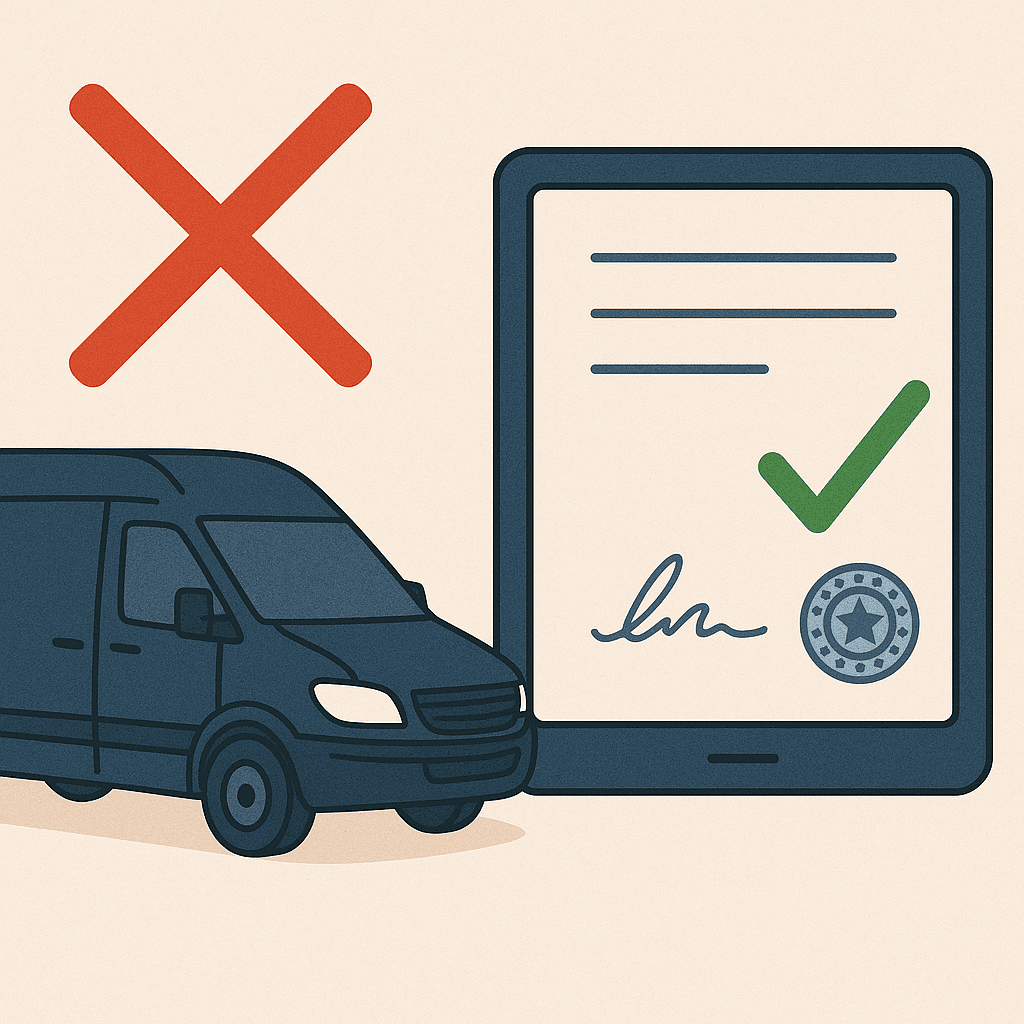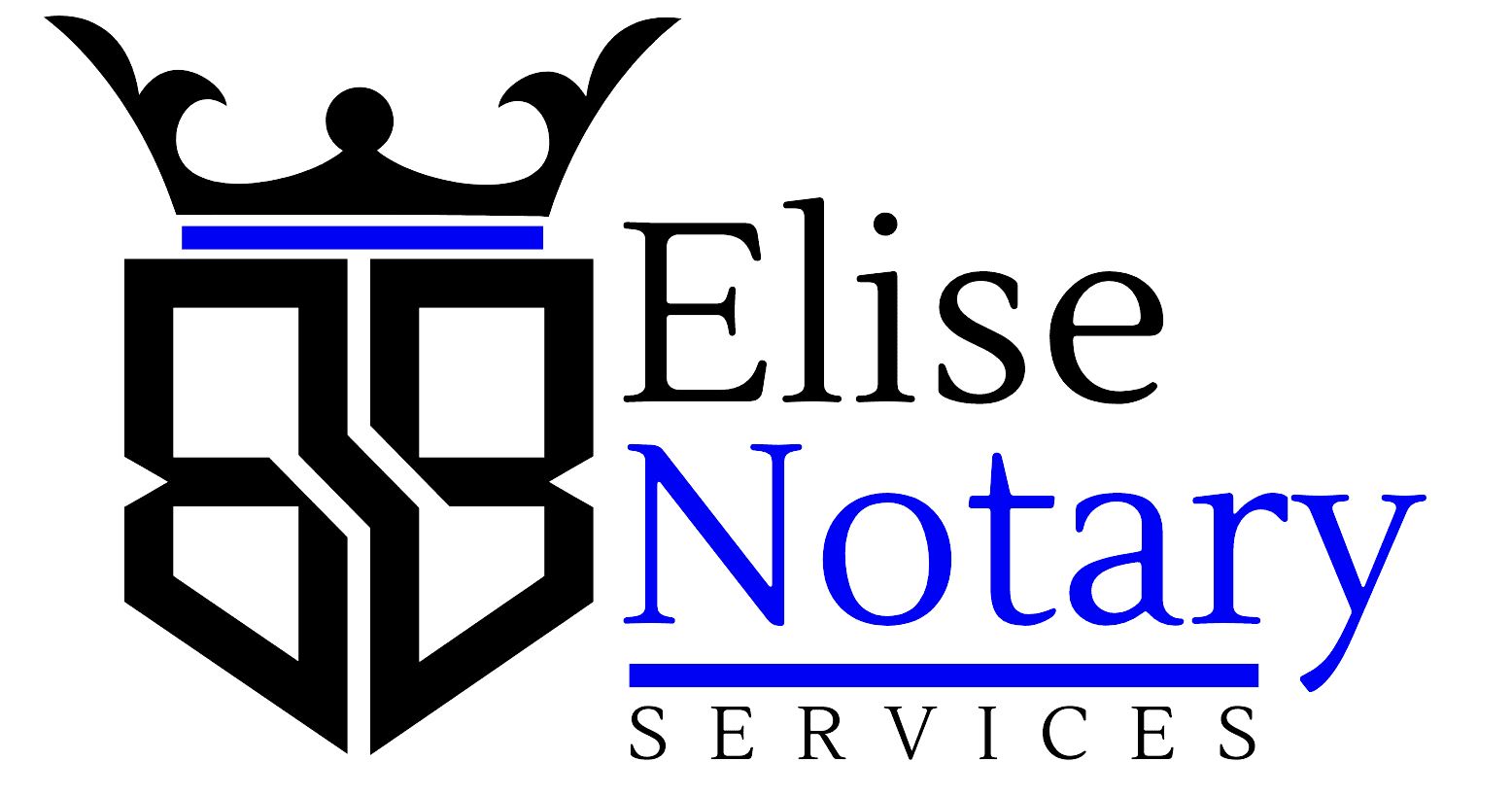IPEN vs. Remote Online Notarization: Which One Is Right for You?
As technology continues to reshape the notary industry, two powerful tools have emerged at the forefront of digital notarization: In-Person Electronic Notarization (IPEN) and Remote Online Notarization (RON). While both methods modernize the notarization process, they serve different purposes and offer unique benefits for notaries, clients, and industries that rely on notarized documents.
Let’s break down the differences and explore how each can benefit you.
What Is IPEN?
In-Person Electronic Notarization (IPEN) is when a signer meets face-to-face with a notary—just like a traditional signing—but instead of using pen and paper, both parties sign and notarize documents electronically.
Technology: Uses laptops, tablets, or specialized e-signing platforms.
Location: The signer and notary must be physically present together.
Verification: IDs are checked in person, and the notary applies a digital seal and signature.
Benefits of IPEN
Faster processing: No printing or scanning required.
Eco-friendly: Paperless system reduces waste.
Familiar process: Keeps the in-person interaction clients are comfortable with, while adding convenience.
Widely accepted: Especially in real estate closings where face-to-face interaction is often preferred.
Reduces delivery delays: Documents are signed and stored electronically, eliminating courier times and sent directly to the recipient once signing is complete.
Minimizes risk of lost paperwork: Secure digital storage reduces the chance of misplaced or damaged documents.
What Is RON?
Remote Online Notarization (RON) allows a notary and signer to complete the entire process virtually through a secure audio-video platform.
Technology: Requires an internet connection, video conferencing, and a state-approved RON platform.
Location: The signer and notary can be in different cities, states, or even countries.
Verification: Advanced identity proofing, credential analysis, and secure digital seals are required.
Benefits of RON
Accessibility: Clients can sign from anywhere in the world.
Flexibility: Eliminates travel and scheduling conflicts.
Convenience: Particularly beneficial for those with mobility issues, tight timelines, or urgent needs.
Competitive advantage: Positions you as a modern, tech-forward notary.
Instant document transfer: Documents are signed and stored electronically, eliminating courier times and sent directly to the recipient once signing is complete.
Improved security: Digital records minimize risks of lost or tampered documents.
Key Differences Between IPEN and RON
| Feature | IPEN | RON |
|---|---|---|
| Location | In-person only | Remote (online, from anywhere) |
| Technology Required | Laptop/tablet & e-sign platform | Secure RON platform, webcam, internet |
| Identity Verification | Checked physically by notary | Digital credential analysis & knowledge-based authentication |
| Client Experience | Digital but face-to-face | 100% virtual, convenient, flexible |
| Common Use Cases | Real estate closings, local business | Out-of-state signers, urgent notarizations, global access |
Which One Should You Choose?
The decision often depends on your clients’ needs and your business goals.
If your clients prefer face-to-face interaction but want to save time on paperwork, IPEN may be the best fit.
If your clients are remote, out of state, or value convenience above all else, RON is the game-changer.
For many notaries, offering both IPEN and RON creates flexibility and makes your services more marketable to a wider range of clients.
Final Thoughts
As the notary industry evolves, embracing technology is no longer optional—it’s essential. Both IPEN and RON empower notaries to deliver faster, more secure, and client-friendly services. By eliminating delays in document delivery and reducing the risk of lost paperwork, they provide peace of mind for notaries and clients alike.

By understanding the strengths of each, you can position yourself as a trusted professional ready to meet the needs of today’s clients—whether across the table or across the globe.


